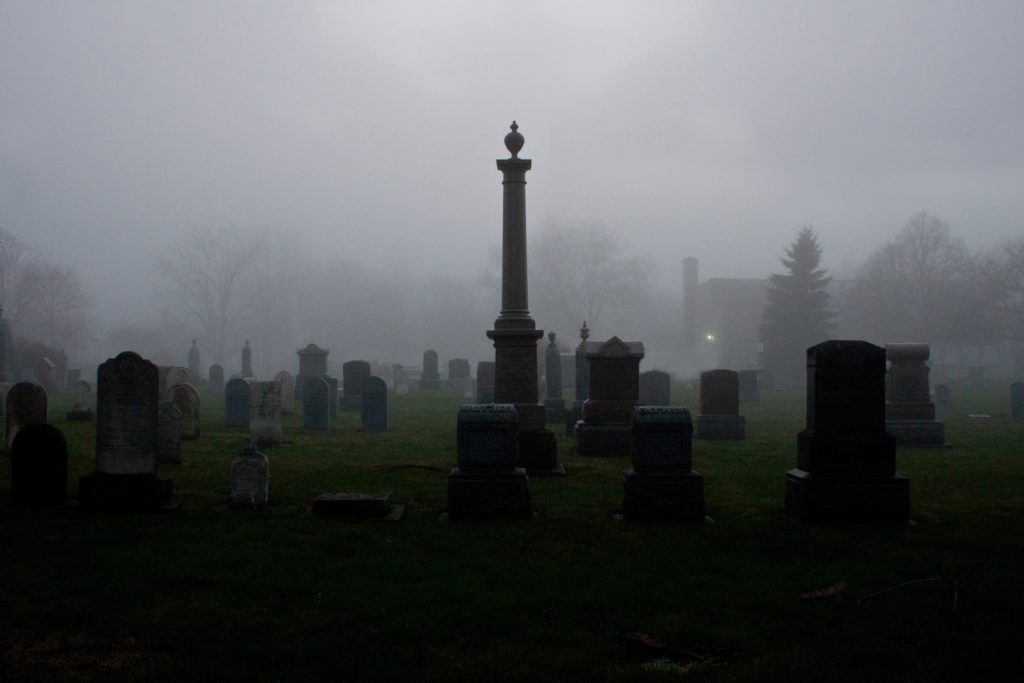
Part 1: Introduction | Part 2: Preparing | Part 3: The God of All Comfort | Part 4: Life (from Death) in the Body
The universe, and the lives it contains, are not random. There is a Designer, and there is a design. There is purposefulness behind very blade of grass, every delight and disaster, every life, every death. As you would expect of a plan this big, the purpose is complex and multifaceted, but in the end, the overriding purpose is simple and direct.
Paul puts it this way:
- Whether, therefore, you eat, or drink, or whatever you do, do it all to the glory of God (1Cor 10.31).
God, as the Creator and Sustainer of all there is (Col 1.16-17), and the prototype for all life and particularly for all human life (Ge 1.26-27), is the only being worthy of glorification, of worship. Unless we live by this principle, nothing about the universe or the lives it contains—our lives—makes any sense. History is a long record of our ancestors’ trying to find meaning elsewhere and concluding that in the end it’s all meaningless.
How can death—yours or that of someone you love—bring glory to God? How can the God who is life be glorified by an apparent defeat?
In the very first chapter of the Bible, we’re told that every human being—every one—is in the image of God (Ge 1.26-27). Now, we know that just a couple of chapters later, Adam and Eve fall into sin, bringing a curse on all their descendants (Ge 3.6ff; Ro 5.12, 18-19), but we also know that this curse did not erase the image of God; it remained in Noah’s day (Ge 9.6), and it remained in James’s day (Jm 3.9), and so it remains in us today.
Everyone you know is in the image of God. That means that everyone you know should elicit your praise to God who made him. Of course we’re broken and sinful, but there are in all of us, regenerate or not, qualities that reflect the Creator and should provoke us to praise him.
Now, the better you know somebody, the more you know about his foibles, his failures, the eruptions of his flesh in pride or anger or lust or some other form of brokenness. But as deep as the corruption goes, deeper yet is that which is praiseworthy.
When you grieve over the loss of a loved one, you are driven by the loss to think deeply about the one you have loved. And in that person you will find evidences of God’s grace—
- Characteristics that reflect God’s image;
- Providences in his life that testify to God’s common grace;
- Providences that testify to God’s individual grace, to God’s love and care for him;
- If he was a believer, multiplied evidences of God’s spiritual care for him.
I suppose I should address the elephant in the room.
What if he wasn’t a believer? How can you glorify God then?
Well, to begin with, in everyone we can find those evidences of God’s image and providential care, and we can praise our kind and gracious God for those things.
But what kind of monster praises God for the reprobation of a loved one?
I’m not suggesting that you need to do that, or even that you should, though there are theologians who have implied or suggested such a thing.
I’ve been to a lot of funerals for believing loved ones, and to some for unbelieving loved ones. I don’t think people in the image of God can be dispassionate about the prospect of perdition for anyone. God certainly isn’t (Ezk 18.31; 33.11).
But I would say this.
God desires the salvation of the lost far more than I do, and he has resources far beyond what we know. The death process is unknown to us—Scripture has nothing of substance to say about it—and we are in the dark about those moments when the mind and the brain temporarily part ways. What does the unregenerate mind know and experience as it approaches death? What light shines? What decisions can be made, even at that late and fading moment?
The answer is, we don’t know.
But I’ve known God for many years, and I trust him with the fate of my loved ones. All of them.
I will praise him, in every death.
Part 6: Pain with a Purpose | Part 7: Closing Thoughts
Photo by Scott Rodgerson on Unsplash

Leave a reply. Keep it clean.